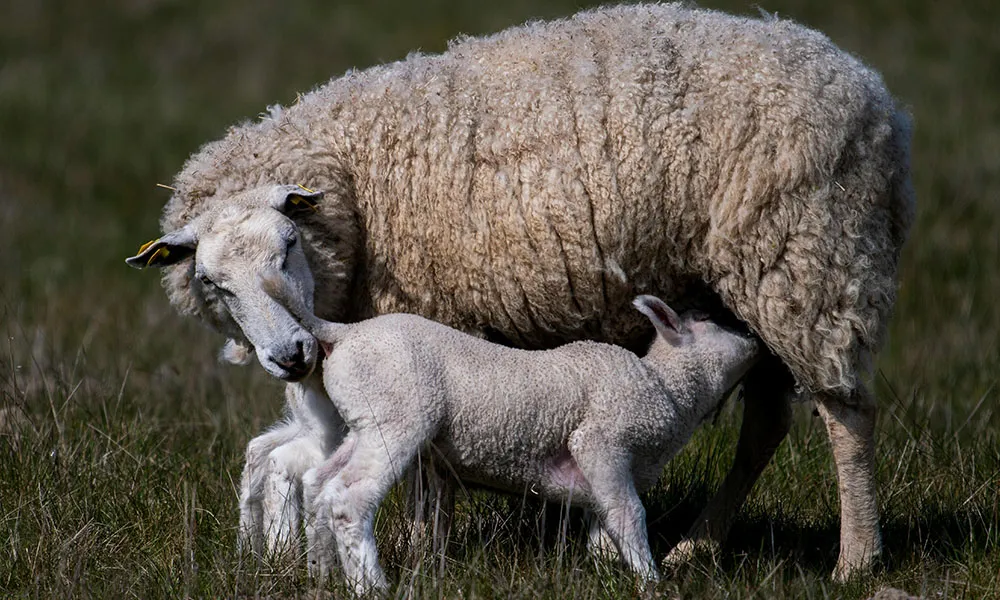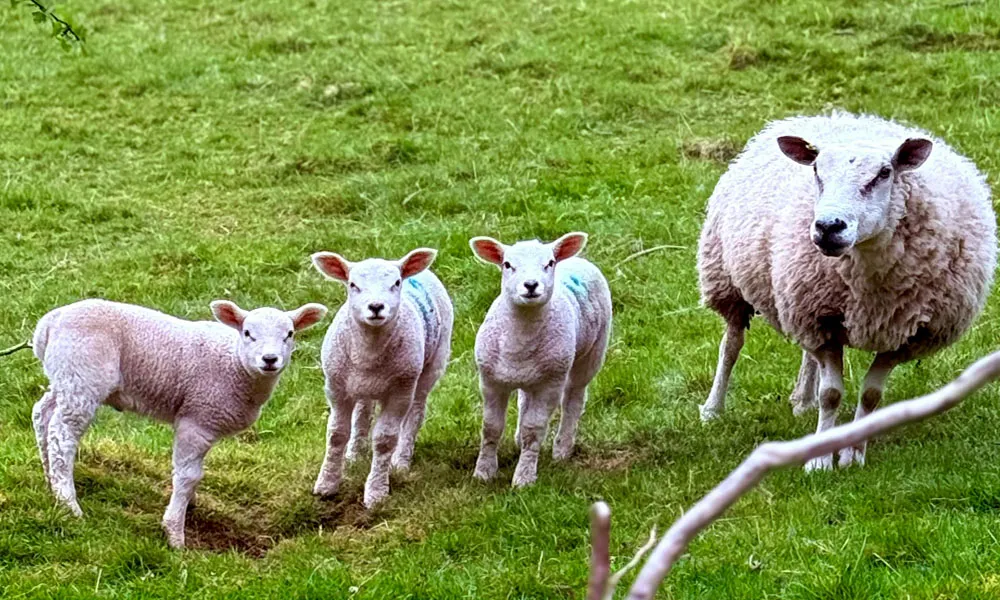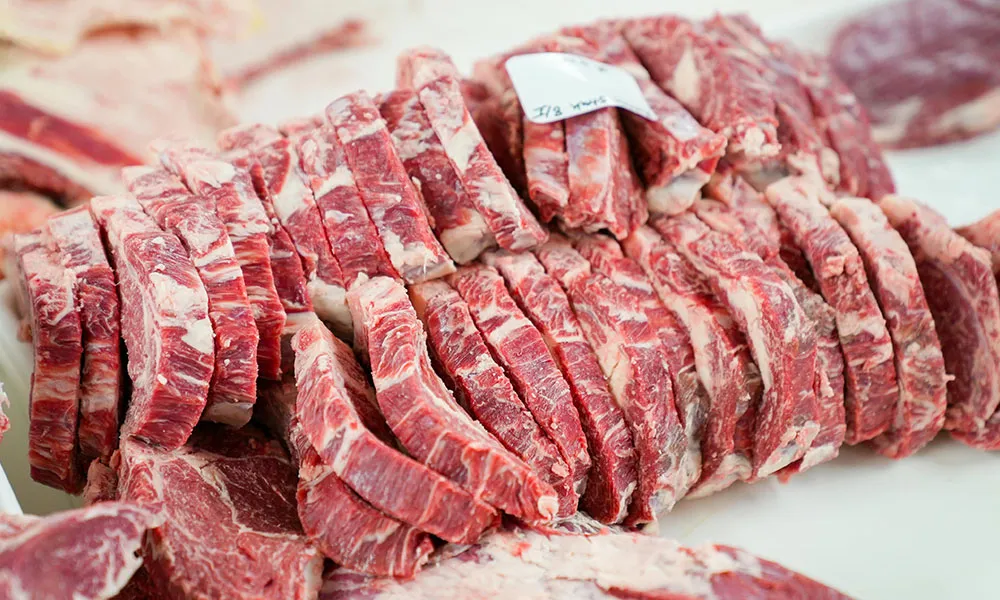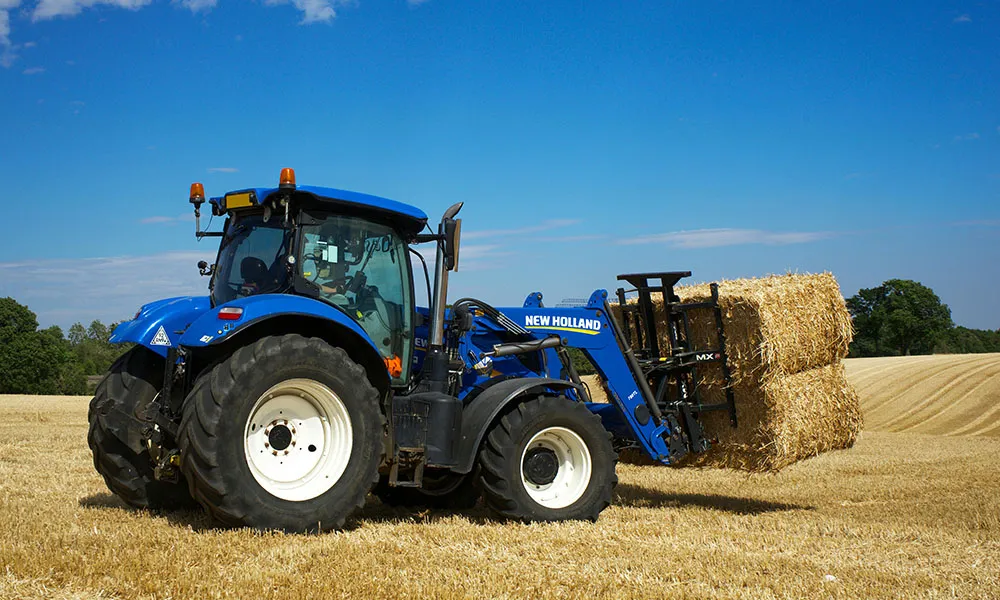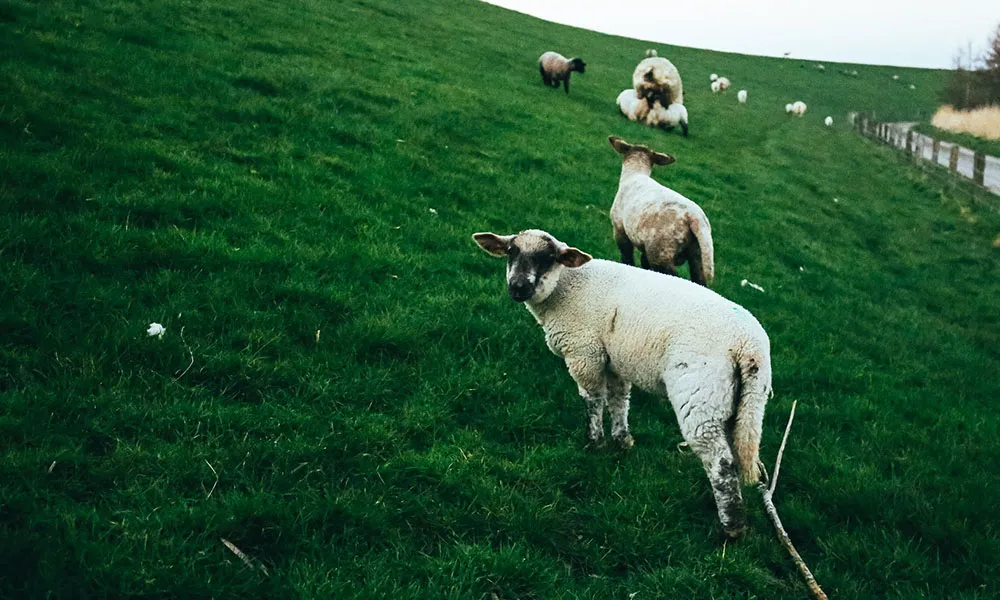
The trend towards organic farming
Political, economic and environmental trends mean that more and more farmers are considering the organic option. But it remains to be seen how many of those currently looking into organics will actually take that first step on the road to conversion. There are, after all, several considerations that must be taken into account before starting the process; and conversion itself is not always straightforward. That’s why we at Agridirect.ie have decided to put together this quick and easy guide to organic conversion. We hope you will find it useful!
Before applying: what should I do?
Before applying to convert to organic, you need to ask yourself a few serious questions about your own farming practices and what you are willing to change in this respect. If you currently use a lot of pesticides and chemical fertilizers on your land, are you prepared to abandon this practice? In addition, you should consider whether you have adequate systems in place for storing and spreading natural fertiliser (i.e. manure and its by-products).
Aside from this, you will also have to consider to what extend you are willing to destock. Most conventional farmers have higher stocking rates than those allowed in an organic system, which must be below 2 livestock units per hectare. Animal housing regulations are also important to bear in mind, since organic standard housing requires bedding lying areas not always required of conventional housing. Generally speaking, animal welfare standards are much more stringent in the organic system.
Finally, and perhaps most importantly, do not forget that routine dosing or treatment of animals is not permissible in an organic system. Are you prepared to forego routine treatments and treat only as required?
Still determined to go organic?
If, after giving thought to these questions, you still feel that you are well suited to conversion and are prepared to make the necessary changes to your farming practices, you should seek out other organic farmers and talk to them about their experiences. It is also best practice to familiarise yourself with the organic standards before taking any further action.
The Organic Certification Bodies
Once you have done all of this and are absolutely certain that organic production is the right choice for your farm, you should make contact with one (or both) of the Organic Certification Bodies. There are 2 of these bodies in Ireland, and it is no harm to make contact with both of them to decide on which is the best option for you. The Organic Certification Body will send you an information pack on request. It will be the responsibility of this OCB to carry out annual inspections of your farm to ensure that you are compliant with organic standards.
The two Irish OCBs are the Irish Organic Association and the Organic Trust.
The Organic Farming Scheme
Once you are registered with one of the Organic Certification Bodies, you can also register with the Department of Agriculture to join the Organic Farming Scheme. However, in order to receive the payments for this scheme, you will need to complete an Organic Farming Principles course and produce a certificate proving completion of this course.
Organic in conversion
Once you have registered to convert to organics, you will be subject to an initial inspection. If you pass this inspection, you will then be issued an organic in-conversion licence. The conversion period is two years, during which time you will be expected to adhere to all organic standards. You should note that you cannot sell any of your farm produce as organic until after you have passed the conversion period and been granted your full organic licence.





